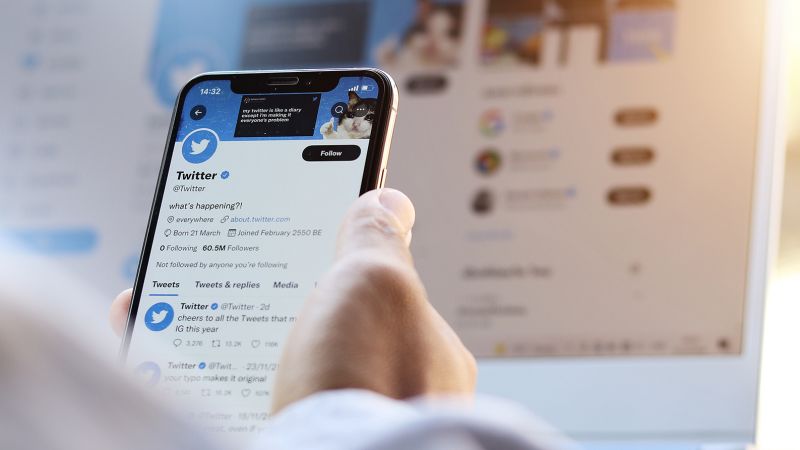After Twitter announced in February it would begin charging third parties to access its platform data, academic researchers warned that the vaguely worded plan could threaten important studies about how misinformation, harassment and other malicious activity spreads online.
Now, as Twitter has released more pricing information, many of those same academics are saying their fears were well-founded, complaining that Twitter’s new tiered paywall not only charges “outrageously expensive” prices but that it also restricts the amount of accessible data so heavily that what little researchers can see, even on the most expensive tiers, is not useful for studies at any rigorous level.
Twitter, which has cut much of its public relations team under CEO Elon Musk, automatically responded to a request for comment with an email containing a poop emoji.
In an open letter this week, the Coalition for Independent Technology Research — a group representing dozens of researchers and civil society organizations — said free and open access to Twitter data has historically enabled systematic, large-scale research on social media’s role in public health initiatives, foreign propaganda, political discourse, and even the bots and spam that Musk has blamed for ruining Twitter.
But Twitter’s new tiered access system undercuts all of that, the researchers said. The company’s pricing that launched last week, starting at $100 per month for a “basic” amount of data, does not provide nearly enough volume for users at the low end, while the high end “ranges from $42,000 to $210,000 per month [and] is unaffordable for researchers,” the letter said.
The new basic tier limits users to reading just 10,000 tweets per month. That represents 0.3% of what researchers used to be able to collect in a single day, the letter said.
Even under the most expensive “enterprise” tier costing upwards of $2.5 million a year, Twitter is offering only a fraction of the tweets it used to, the letter continued. Before the change, researchers could pay about $500 a month for the ability to access up to 10% of the roughly 1 billion tweets a month that flow across Twitter’s platform.
Now, though, “the most expensive Enterprise tier would cut that by 80% at about 400 times the price,” the researchers’ letter said.
Asking researchers to pay orders of magnitude more for a fifth of the access they once had represents a barrier to accountability and transparency, the letter added.
“Under the new pricing plans, studying the communications and interactions of even a small population—such as the 535 Members of the U.S. Congress or the 705 Members of the European Parliament—will be unfeasible,” the letter said. “The new pricing plans will also end at least 76 long-term efforts, including dashboards, tools, or code packages that support other researchers, journalists, first-responders, educators, and Twitter users.”
Read the full article here










